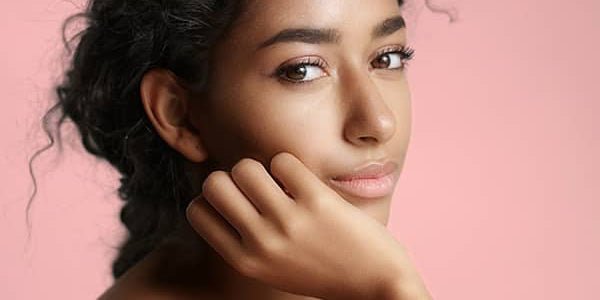For glowing skin, you need to rethink the drink, says dietitian and wellbeing guru Laura Tilt.
The morning after-effects of working your way through a bottle of wine (fuzzy head, furry mouth, and fatigue) are hard to ignore, but beyond the hangover, have you ever stopped to think about the long-term effects of alcohol on your skin?
If you’re in search of a radiant complexion, giving up the booze could be the best thing you ever do. Here’s why.
ALCOHOL DRIES & AGES YOUR SKIN
Need to pee lots when drinking alcohol? That’s the diuretic effect. Alcohol causes your body to lose water by inhibiting the action of vasopressin – a hormone that helps us retain water. Increased water loss leads to dehydration, which is very visible in the skin – your body’s largest organ.
Dry skin is less plump and more likely to develop fine lines and wrinkles, causing it to look prematurely aged.

ALCOHOL ROBS YOUR BODY OF VITAMINS
Excess drinking depletes your body’s access to vitamins and minerals by interfering with absorption. In particular, high levels of alcohol reduce the body’s stores of vitamin A.
Heavy drinking is also linked with unhealthy eating – after a few glasses of wine, it’s hard to resist salty bar snacks or that extravagant dessert that you promised yourself you wouldn't have.
Hangovers don’t encourage healthy habits either – low blood sugar and tiredness trigger cravings for stodgy foods.

ALCOHOL TRIGGERS INFLAMMATION, REDNESS & FLUSHING
Alcohol widens blood vessels, increasing blood flow to the skin. The immediate effects are facial flushing after a couple of drinks, but the long-term impact is more serious. Tiny vessels can expand and pop which can lead to spider veins.
For those who already suffer from a skin condition like eczema or psoriasis, alcohol makes things worse. Not only does alcohol trigger itching, but it can also cause the release of inflammatory molecules, aggravating already reddened, angry skin.

THE GOOD NEWS
The skin has an incredible ability to regenerate itself – but taking action before irreversible damage is done is essential.
Try going alcohol-free for a month, taking before and after pictures of your skin in good light.
Make efforts to nourish your skin with plenty of omega-3 rich oily fish, fresh fruit and vegetables and essential fats from nuts, seeds and avocados. Hydrate with plenty of water, and prioritise sleep. Alongside a good skincare routine, this should result in noticeable improvements in 4 weeks.

Laura Tilt MSc, RD, is an experienced dietitian and health writer who believes in the power of food to improve health.
She’s seriously passionate about helping people understand the science between the food they eat, and their physical and mental well being.
www.tiltnutrition.co.uk @nutritilty



